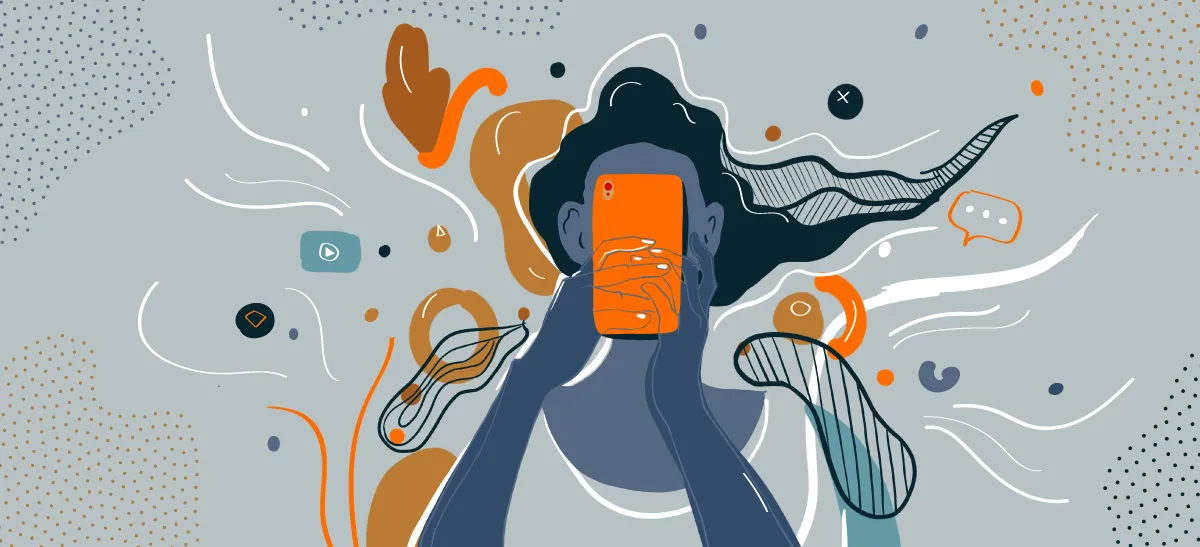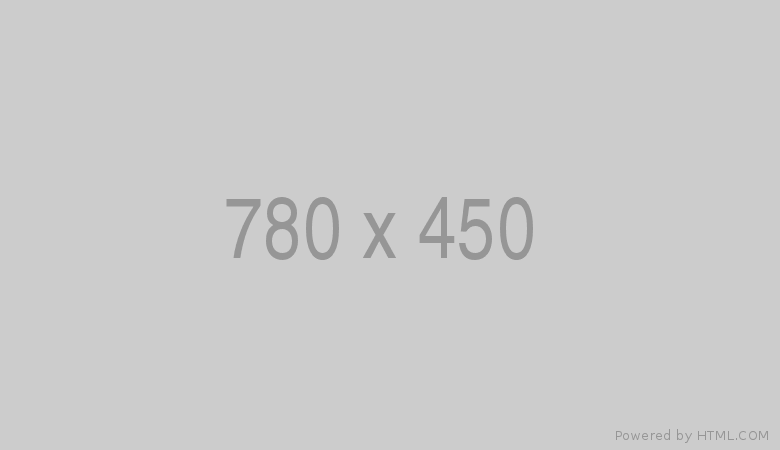In a world where screens dominate every moment of our day—from sunrise notifications to late-night scrolling—it’s easy to forget that our minds were not wired for constant stimulation. The term “digital detox” has become more than just a trendy buzzword. It represents a conscious decision to unplug, reset, and reclaim a more intentional way of living. One of the most powerful outcomes of a digital detox is the rediscovery of offline hobbies—simple, grounding activities that can offer deep mental healing.
Why Digital Detox Matters
Excessive screen time has been linked to increased stress, anxiety, insomnia, and attention disorders. Our brains, constantly bombarded with notifications and information, rarely get a chance to rest. Stepping away from digital devices gives our minds a break from the overload and opens up space for clarity, creativity, and calm.
But what replaces the time once spent endlessly scrolling?
The Power of Offline Hobbies
Offline hobbies aren't just a way to pass time—they’re medicine for the mind. They help regulate our nervous system, improve focus, and offer a sense of accomplishment and joy that’s often missing from virtual experiences.
Let’s explore a few meaningful offline activities that can help you reconnect with yourself:
1. Reading Physical Books
Unlike the distraction-laden experience of reading on a device, holding a real book anchors you to the present. Fiction enhances empathy and imagination, while non-fiction fuels your intellect. Establishing a reading nook at home can turn this hobby into a sacred daily ritual.
2. Gardening and Plant Care
Getting your hands dirty can be deeply therapeutic. Gardening reduces cortisol levels and improves mood. Whether you're growing herbs on a balcony or tending a small backyard garden, the act of nurturing life brings peace and patience.
3. Creative Arts: Drawing, Painting, or Sculpting
You don’t have to be a professional artist to benefit from creative expression. Art helps release repressed emotions, reduces anxiety, and improves brain function. Consider starting a sketchbook or taking a pottery class as part of your detox.
4. Journaling and Creative Writing
Journaling is one of the most effective tools for mental clarity. It gives you a private space to explore your thoughts, reflect on your day, or set future intentions. Writing fiction or poetry can also be a powerful outlet for emotional processing.
5. Playing a Musical Instrument
Learning to play an instrument enhances memory, coordination, and emotional intelligence. It’s a mindful practice that demands presence and repetition—qualities often lost in our fast-paced digital lives.
6. Mindful Movement: Yoga, Walking, or Tai Chi
Unlike a mindless treadmill session with Netflix, mindful movement encourages full-body awareness. It calms the nervous system and boosts endorphins. A daily walk in nature, in particular, can dramatically improve mental health.
7. Puzzles and Board Games
Solving puzzles or playing board games engages the brain without screens. These activities build patience, concentration, and, when played with others, foster real-world connection and joy.
8. Handicrafts: Knitting, Sewing, or Woodwork
Working with your hands can be incredibly grounding. These tactile activities not only reduce stress but also produce something tangible—be it a handmade scarf or a carved trinket—that gives a sense of purpose and satisfaction.
Rebuilding Your Rhythm
A digital detox doesn’t have to mean abandoning technology forever. It’s about recalibrating your relationship with it. Start small:
-
Designate screen-free hours daily (like the first hour after waking or the hour before bed).
-
Turn off non-essential notifications.
-
Replace one hour of screen time with an offline hobby each week—and build from there.
The Deeper Reward
When you rediscover offline hobbies, you're not just passing time—you’re rebuilding attention, reducing anxiety, and reawakening parts of your mind dulled by passive consumption. You begin to experience the world more vividly. You connect with yourself more honestly.
In the end, a digital detox isn't about disconnection—it's about deeper, more meaningful reconnection.
Unplug to reconnect. Your mind will thank you.




Leave a Reply